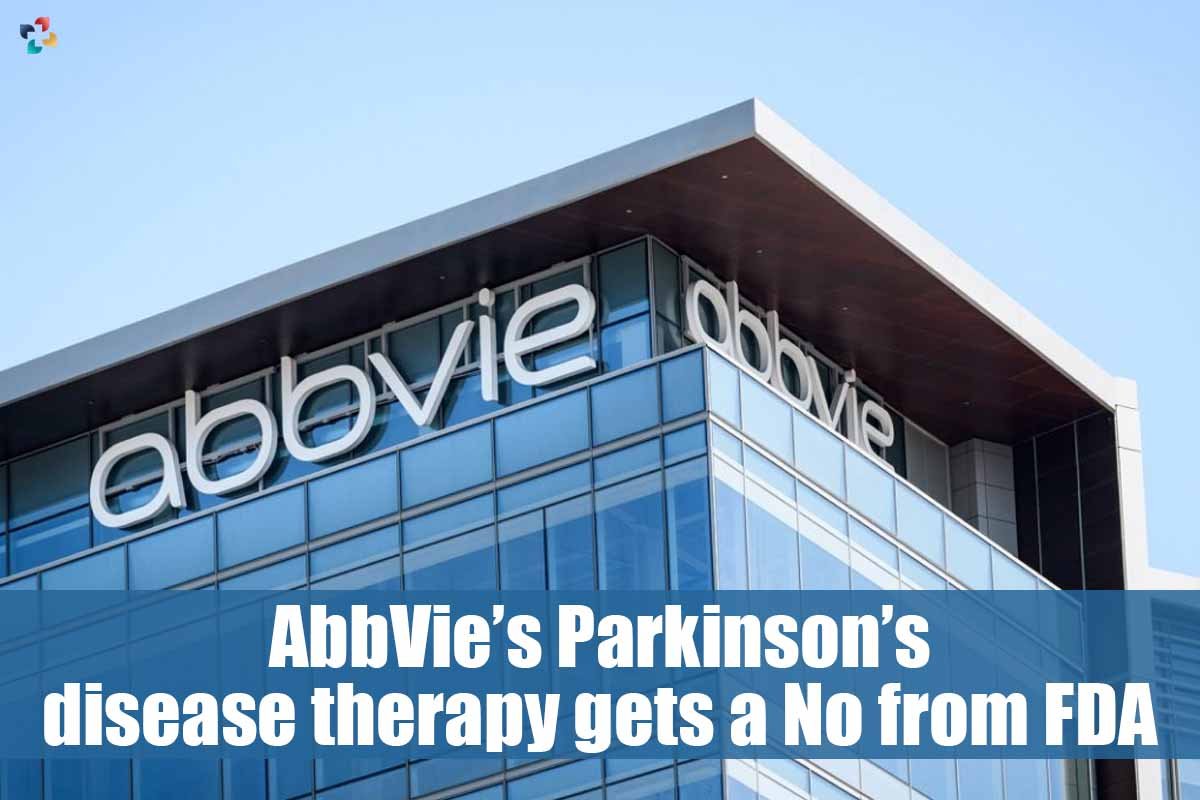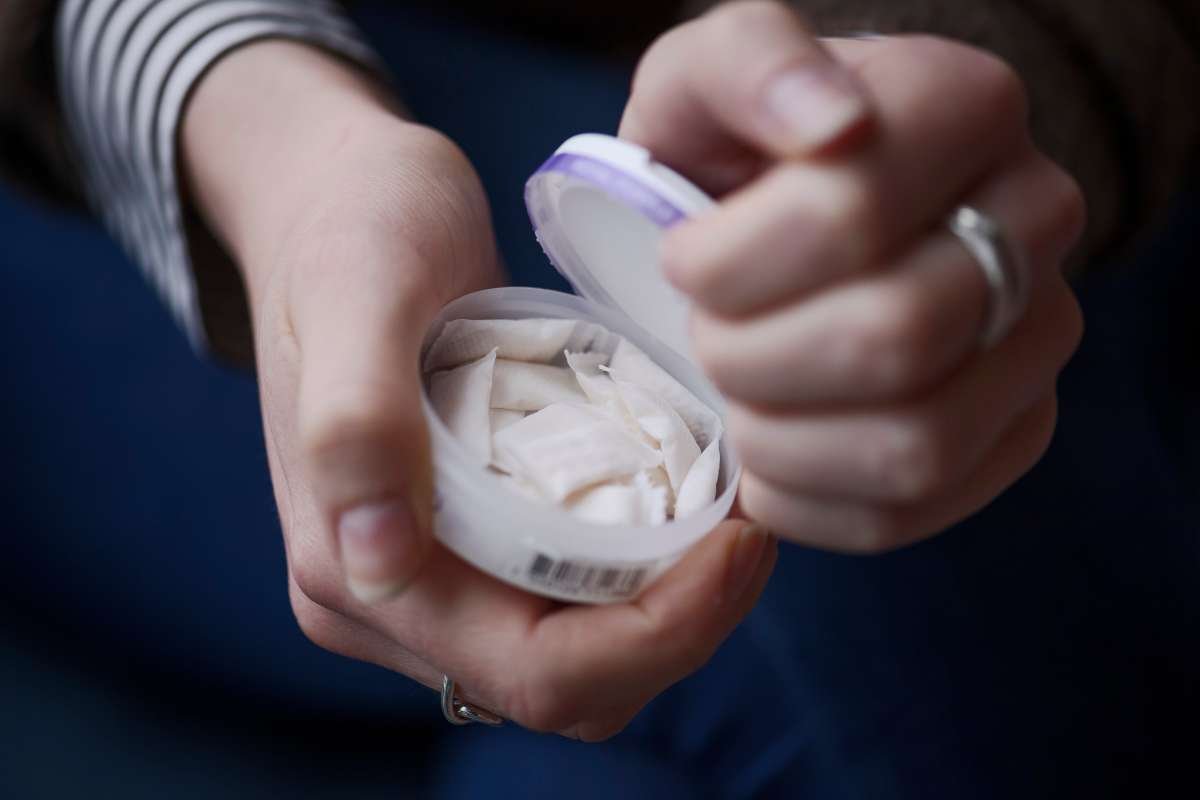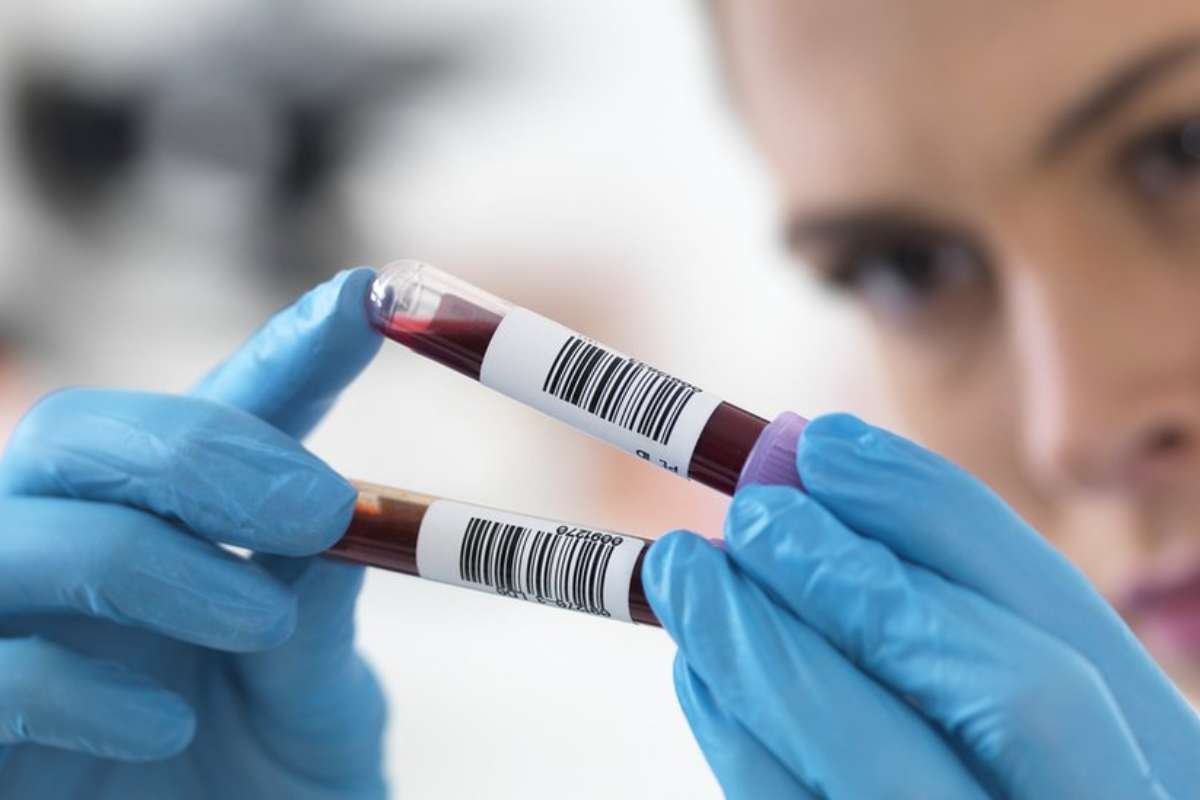AbbVie Inc has announced that the US Food and Drug Administration (FDA) has rejected the company’s Parkinson’s disease therapy for adults, ABBV-951, and has requested additional information on the device used to administer the treatment. ABBV-951 is a subcutaneous formulation of carbidopa-levodopa, which is the standard of care for Parkinson’s disease. The treatment is administered using an infusion pump.
The company had applied for FDA approval based on data that demonstrated that ABBV-951 significantly extended the duration of involuntary movement-free periods in patients, compared to orally administered carbidopa-levodopa. Parkinson’s disease is characterized by uncontrollable movements and patients may experience “off” periods after undergoing long-term therapy.
AbbVie to resubmit its Marketing Application
AbbVie has said that the FDA has not asked for additional efficacy and safety trials and that it plans to resubmit its marketing application as soon as possible. Analysts had predicted that ABBV-951 could become one of AbbVie’s most significant new product launches over the next one or two years, with sales forecast to reach $1.3bn in 2028.
The company’s shares were slightly lower in morning trading following the announcement of the FDA’s decision. Evercore ISI analyst Gavin Gartner commented that it was an unfortunate outcome for AbbVie.
DRUGS FOR PARKINSON’S DISEASE
Effects of Parkinson’s disease
Parkinson’s disease affects the central nervous system and progressively deteriorates motor functions, causing difficulty with movement, balance and coordination. Patients who are administered oral carbidopa-levodopa may experience a fluctuation in symptoms as the effects of the medication wear off over time, leading to unpredictable “off” periods. Subcutaneously administered carbidopa-levodopa is a potential solution to this problem, allowing for continuous administration of the treatment over a 24-hour period, thus reducing the risk of “off” periods.
Parkinson’s disease is a significant burden on healthcare systems worldwide, with an estimated 10 million people affected by the disease. The rejection of ABBV-951 highlights the challenges faced by companies developing new treatments for this debilitating disease.








